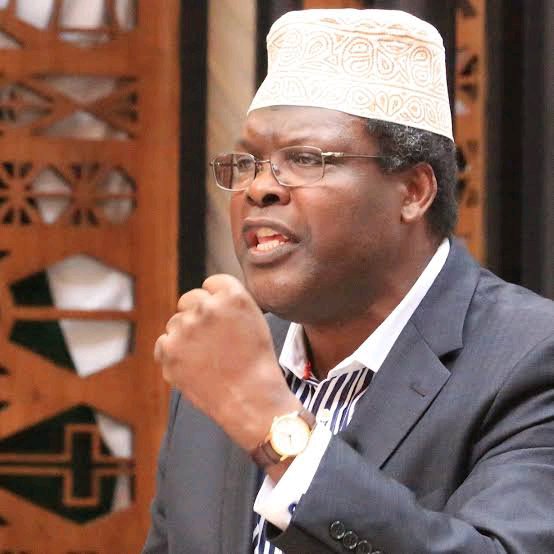When the United Nations arrived in Kenya this week to review the Independent Electoral and Boundaries Commission (IEBC), it wasn’t just another diplomatic visit. It was a moment of truth — a mirror held up to Kenya’s democracy.
Every election season brings back one question: can we trust the process?
A Visit to a Shaken Institution
The UN’s Needs Assessment Mission comes at a fragile time. The IEBC, which invited the review, is still recovering from years of resignations, legal battles, and internal disputes.
The mission will assess how prepared the IEBC is for the 2027 general elections — looking at technology, logistics, communication, and public trust. But beyond those technical areas lies a deeper concern: rebuilding credibility.
A recent TIFA survey showed that only 18% of Kenyans trust the IEBC to deliver a free and fair election. For a country often seen as a model of democracy in the region, that number is worrying.
Government Promises, Public Doubts
Foreign Affairs Cabinet Secretary Musalia Mudavadi has promised that the government “will not interfere” with the IEBC’s work.
But Kenyans have heard such assurances before. From delayed funding to political meddling, interference has always cast a shadow over electoral independence.
The UN’s involvement is both helpful and revealing — helpful because it offers technical guidance, and revealing because it shows how dependent Kenya has become on external validation.
If the UN must confirm that our elections are fair, what does that say about our confidence in our own systems?
The Boundary Puzzle
Another major challenge for the IEBC is the boundary review.
Kenya’s Constitution requires electoral boundaries to be reviewed every 8 to 12 years. The last full review happened in 2012 — meaning the country is already overdue.
The IEBC has admitted it cannot complete the review before the 2027 elections due to limited time and legal barriers.
This means millions could vote in constituencies that no longer reflect real population changes.
It may sound technical, but it carries heavy political weight — and could spark new disputes or legal challenges if not handled carefully.
Money, Time, and Trust
The IEBC says it needs more than Sh60 billion to run the 2027 elections. Yet, funding for elections in Kenya often comes late or in smaller amounts than promised.
Without proper funding, vital areas like voter registration, technology, and result transmission are weakened — the same weak spots that have caused past controversies.
So perhaps the real issue isn’t readiness, but political will — the will to fund, support, and protect an independent commission without interference.
A Report Is Coming — But the Verdict Is Ours
The UN will soon publish its report with recommendations and findings. But in truth, the most important verdict will not come from the UN — it will come from Kenyan citizens.
Do we believe our votes count?
Do we trust the IEBC to handle disputes fairly?
Do we feel elections reflect the will of the people, or the power of politics?
“Democracy isn’t measured by how we vote,” one lawyer recently said. “It’s measured by how we accept what comes after.”
Kenya’s Moment of Reflection
The UN’s presence should not be seen as interference, but as a wake-up call. It reminds us that credibility cannot be imported.
The world can observe and advise — but trust must be built at home.
The 2027 elections will not only test the IEBC’s readiness. They will test whether Kenya has learned from its past, strengthened its institutions, and matured as a democracy.
In the end, the UN can only hold the mirror.
It is up to Kenya to decide what reflection it wants to see.


